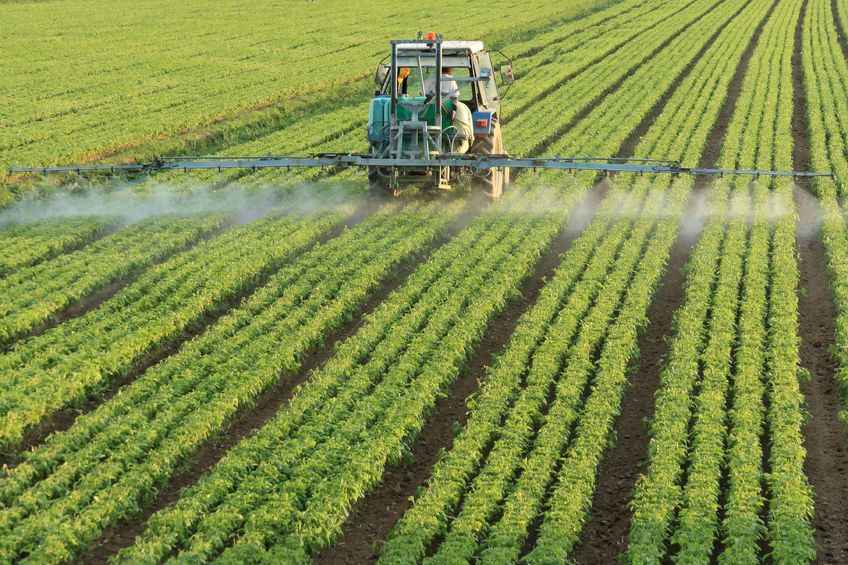
The UK’s "lack of readiness" to regulate pesticides post-Brexit poses "major risks" to environment and human health, according to a new report.
The United Kingdom is "woefully unprepared" to regulate pesticide use after Brexit, says a new briefing paper from the Food Research Collaboration and Pesticide Action Network UK (PAN UK) released on Wednesday (5 December).
The briefing paper points out that the UK could lose access to the European Union’s array of institutions and expertise to regulate pesticides after Brexit, leaving its ability to protect human health, wildlife and the natural environment diminished.
Crucial roles currently performed by EU bodies include deciding which pesticides can be used in the UK and setting the levels of pesticide residues permitted to appear in food.
The European system also provides scientific support and incorporates a number of checks and balances designed to ensure that decisions on pesticides are made transparently.
The report's release comes amid assurances in the recent Draft Withdrawal Agreement that the UK will remain aligned with EU pesticide decisions until the end of the transition period.
However, according to PAN UK, there is no clarity on what will happen afterwards.
Josie Cohen, Head of Policy and Campaigns at PAN UK, said: "The UK will either need to create new institutions and bodies that can fill this ‘governance gap’ after Brexit or at least ensure that there are systems and staff in place to fulfil the functions previously carried out by EU bodies.
"The Government urgently needs to invest in ensuring that, post transition period, the UK system is fit-for-purpose.
"Otherwise it risks a major weakening of UK pesticide standards, which would enable a greater variety of hazardous pesticides to be used in larger quantities."
The briefing also reveals how future trade deals could undermine UK pesticide standards after Brexit.
A future trade deal with the US in particular – where almost three times the number of active substances are authorised for use than in the UK – threatens to allow the use substances of high toxicological concern, as well as the import of food with higher residue levels.
